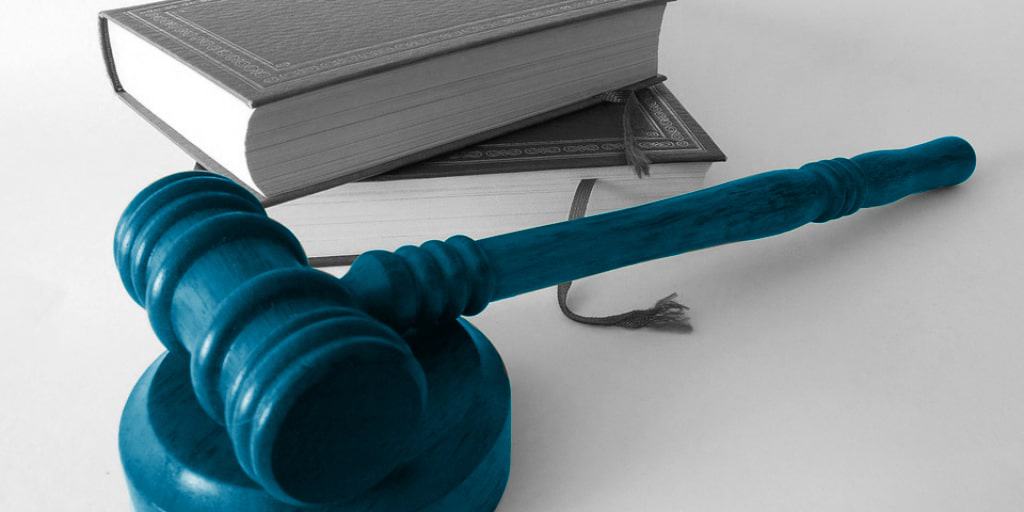What is this GDPR that we’re hearing about from the European Union (EU) and why, according to Mashable, has it been outranking Beyoncé searches on Google? GDPR stands for General Data Protection Regulation, and it’s the latest measure from the EU Parliament that was created to provide high levels of protection around EU consumers’ personal data.
This new regulation requires businesses to ensure the highest level of privacy protection to EU consumer personal data, or face a fine of up to 4% of their annual global revenue. Want to dodge this hefty and potentially crippling fine? Wondering how this new regulation will be enforced and if your company will be impacted? Keep reading!
At its core, GDPR aims to provide personal data protection to EU citizens, no matter where they are located in the world, as the EU believes a person is the owner of their own personal data, not a business. This new regulation will give consumers a variety of ways to control, monitor, check and delete their personal information. Consumers must request permission through an easy-to-understand form, containing a clear written purpose to sign off on. There also must be a simple way for the user to reverse their consent at any time.
In order to dodge the fine, up to 4% of a company’s annual global revenue, companies have two choices: 1) block European citizens from their efforts or 2) design a plan to ensure GDPR compliance. If you plan to ensure GDPR compliance, here are a few ways you can prepare:
- Inform your staff.
- Any employee who handles personal data information will need to be educated about GDPR so they are not in danger of noncompliance. The best place to direct employees to is the official EU GDPR website.
- Complete a detailed audit of your current data security system.
- The best way to identify and fix any problems in your data process is to review all of the company’s current collected data to ensure GDPR compliance.
- Create tools that will ensure privacy for consumers.
- Moving forward, companies must ensure that when consumer data is handled, it remains in the utmost care and protection. GDPR supports pseudonymization, anonymization and encryption to comply with regulatory requirements.
- Pseudonymization is a mixture of identified and anonymous information. Data components are anonymized and separated but can be put back together.
- Anonymization is the elimination (encryption) of identifiable information so that it can never be tied back to a user.
- Moving forward, companies must ensure that when consumer data is handled, it remains in the utmost care and protection. GDPR supports pseudonymization, anonymization and encryption to comply with regulatory requirements.
There is no doubt that this is the beginning of the EU leading the global personal data protection trend. How fast will this trend move and who will create their own versions? Only time will tell.




